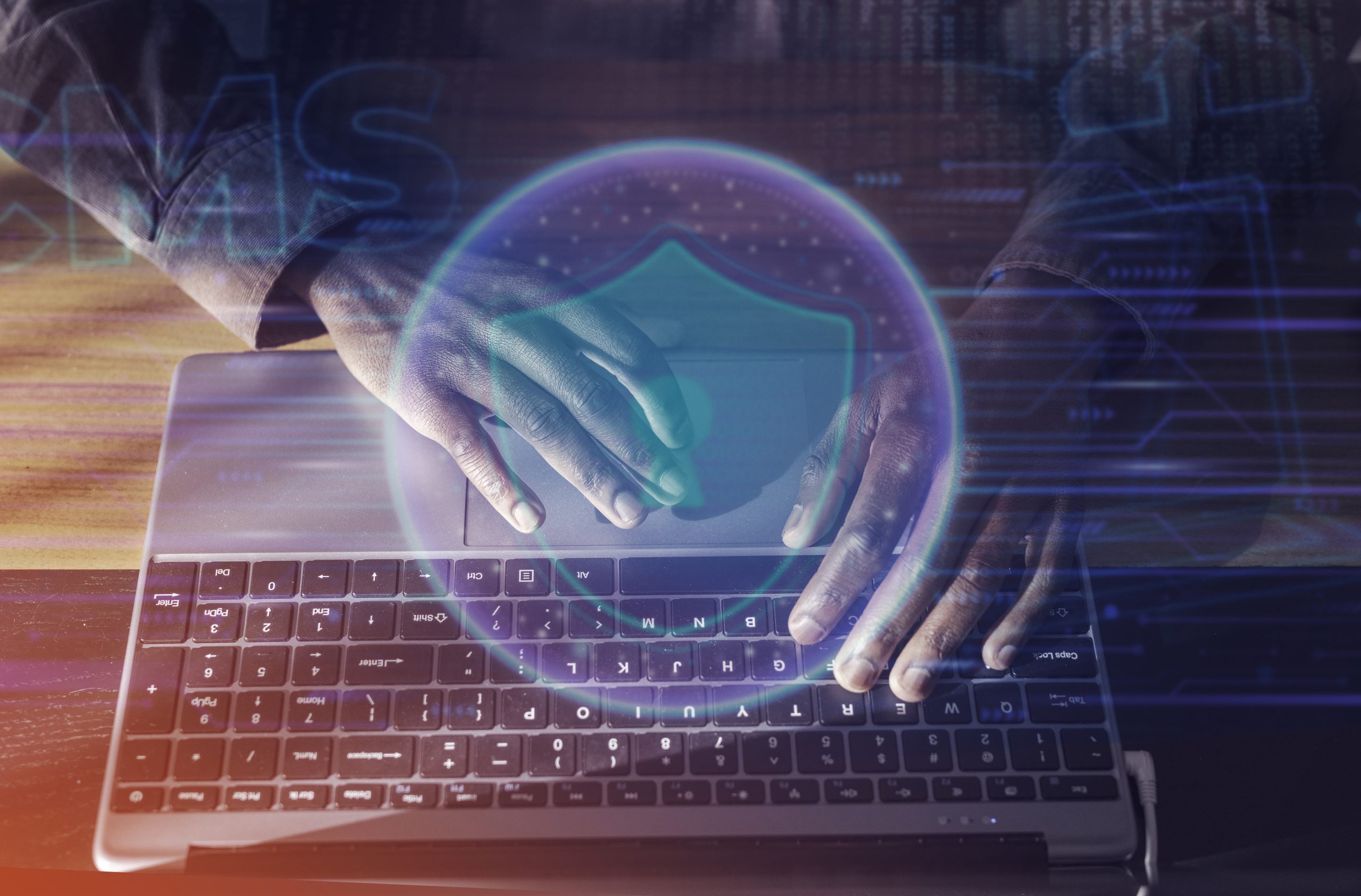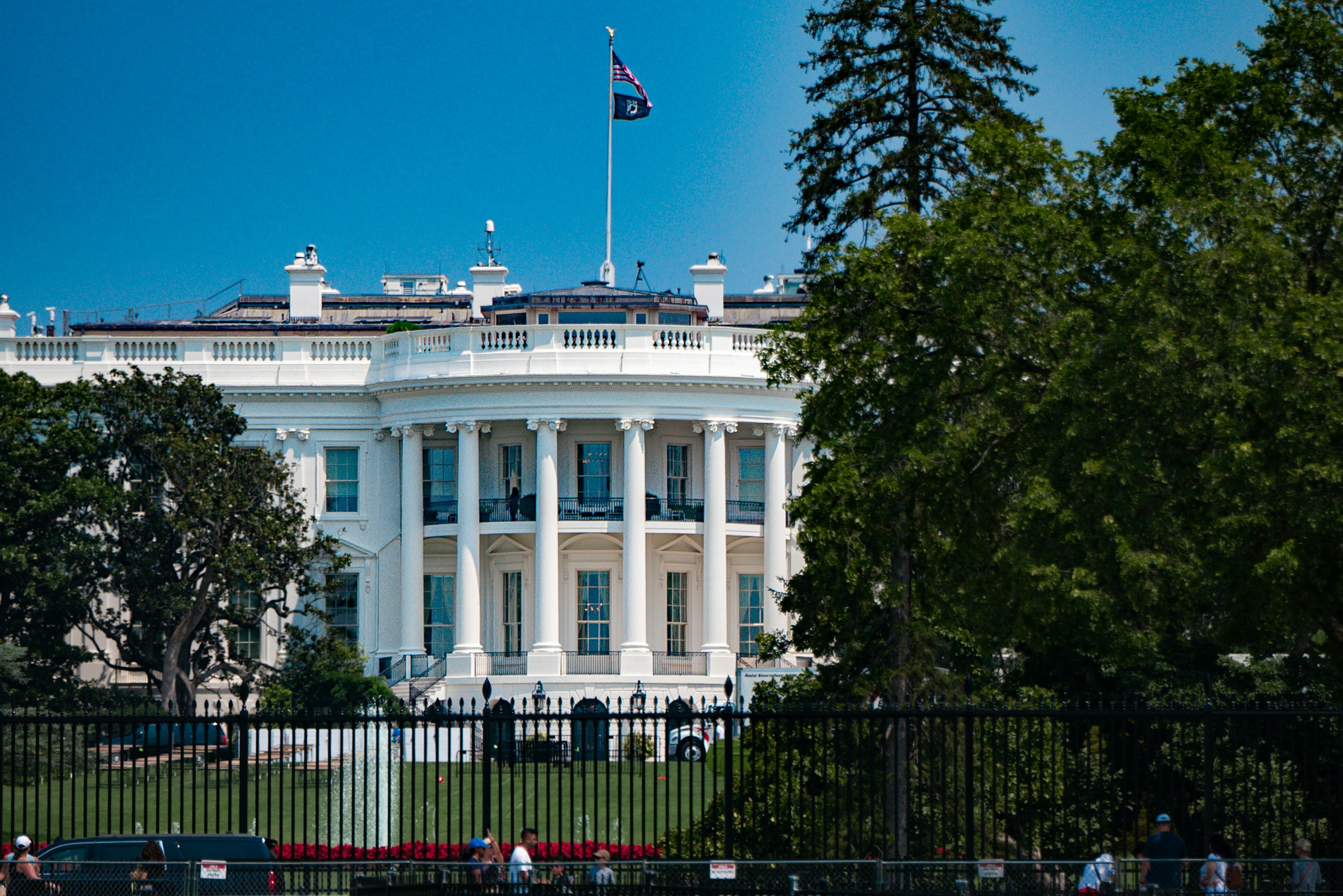The UK is establishing the Laboratory for AI Security Research (LASR) to help protect Britain and its allies against emerging threats in what officials describe as an “AI arms race.” The laboratory – which will receive an initial government funding of £8.22 million – aims to bring together experts from industry, academia, and government to […]
AI is rapidly becoming ubiquitous across business systems and IT ecosystems, with adoption and development racing faster than anyone could have expected. Today it seems that everywhere we turn, software engineers are building custom models and integrating AI into their products, as business leaders incorporate AI-powered solutions in their working environments. However, uncertainty about the […]
The release of the “First Draft General-Purpose AI Code of Practice” marks the EU’s effort to create comprehensive regulatory guidance for general-purpose AI models. The development of this draft has been a collaborative effort, involving input from diverse sectors including industry, academia, and civil society. The initiative was led by four specialised Working Groups, each […]
The Tony Blair Institute (TBI) has examined AI’s impact on the workforce. The report outlines AI’s potential to reshape work environments, boost productivity, and create opportunities—while warning of potential challenges ahead. “Technology has a long history of profoundly reshaping the world of work,” the report begins. From the agricultural revolution to the digital age, each […]
The combination of artificial intelligence and policymaking can occasionally have unforeseen repercussions, as seen recently in Alaska. In an unusual turn of events, Alaska legislators reportedly used AI-generated citations that were inaccurate to justify a proposed policy banning cellphones in schools. As reported by /The Alaska Beacon/, Alaska’s Department of Education and Early Development (DEED) […]
Anthropic has flagged the potential risks of AI systems and calls for well-structured regulation to avoid potential catastrophes. The organisation argues that targeted regulation is essential to harness AI’s benefits while mitigating its dangers. As AI systems evolve in capabilities such as mathematics, reasoning, and coding, their potential misuse in areas like cybersecurity or even […]
President Biden has issued the US’ first-ever National Security Memorandum (NSM) on AI, addressing how the nation approaches the technology from a security perspective. The memorandum, which builds upon Biden’s earlier executive order on AI, is founded on the premise that cutting-edge AI developments will substantially impact national security and foreign policy in the immediate […]
A comprehensive AI sector study – conducted by the Department for Science, Innovation and Technology (DSIT) in collaboration with Perspective Economics, Ipsos, and glass.ai – provides a detailed overview of the industry’s current state and its future prospects. In this article, we delve deeper into the key findings and implications—drawing on additional sources to enhance […]
Penguin Random House (PRH) has taken a significant step in response to rising concerns about the use of intellectual property to train AI systems. The publisher has introduced a new statement to the copyright pages of both new and reprinted books, stating, “No part of this book may be used or reproduced in any manner […]
The EU AI Act is set to fully take effect in August 2026, but some provisions are coming into force even earlier. The legislation establishes a first-of-its-kind regulatory framework for AI systems, employing a risk-based approach that categorises AI applications based on their potential impact on safety, human rights, and societal wellbeing. “Some systems are […]









